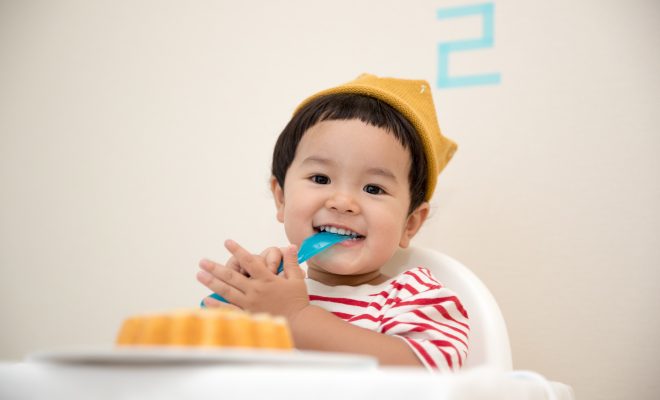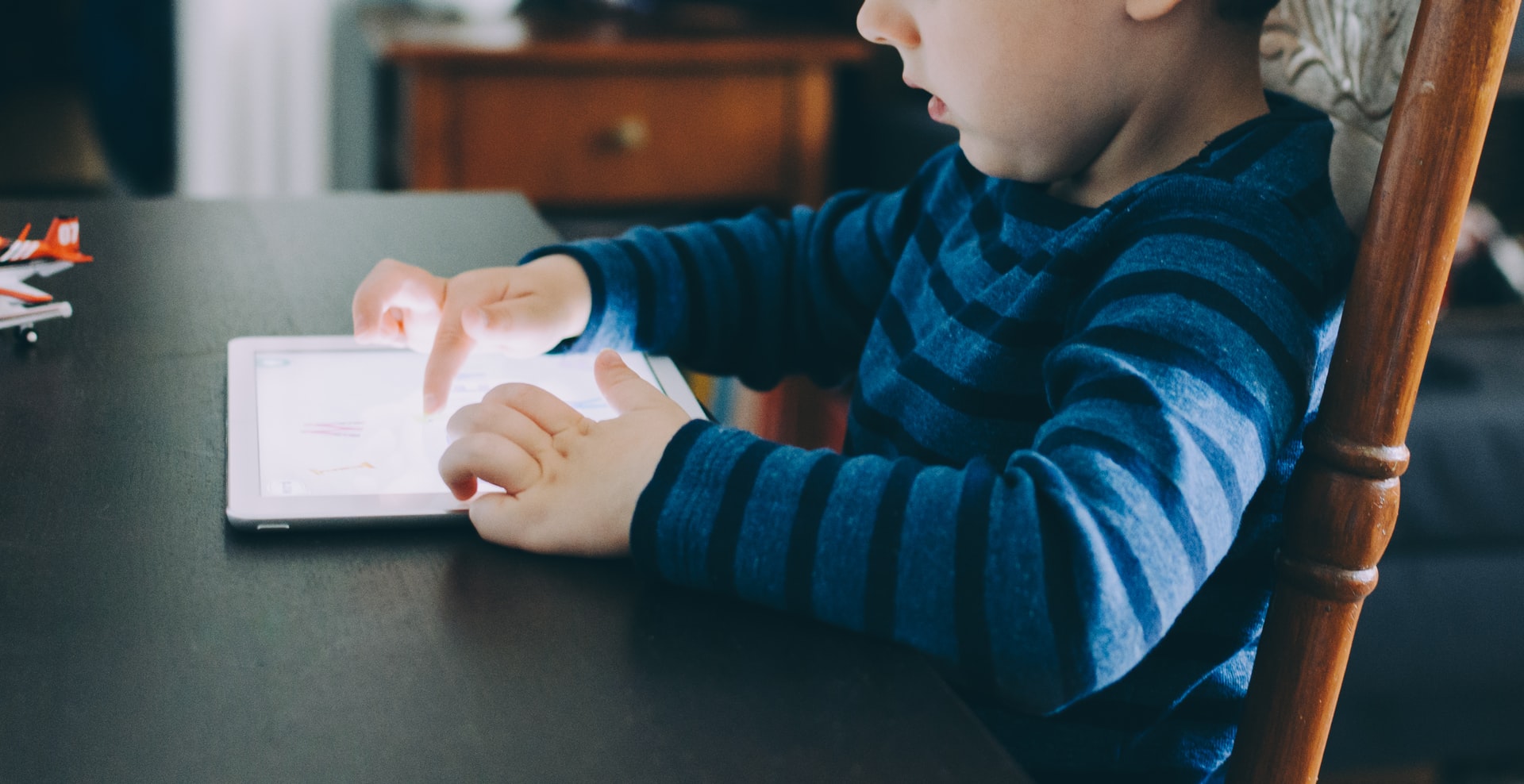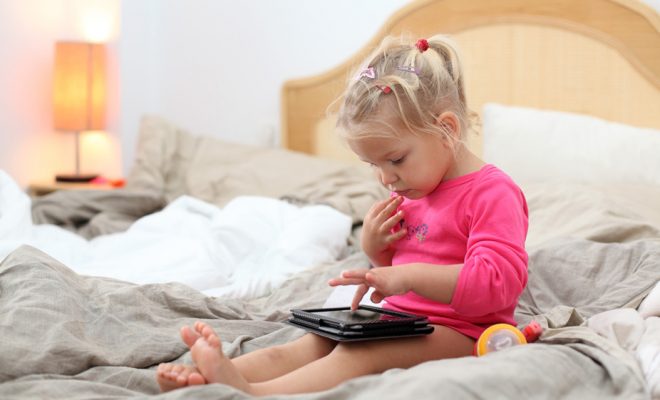Helping Your Kids Deal With Death

It is the responsibility of parents to help their children manage grief when somebody they love dies. Several factors determine a large portion of how children grieve and how parents should manage their grief. According to Kids Health, children feel and demonstrate their grief in several ways after the death of a loved one. The way children cope with the loss is dependent on factors such as their closeness to the deceased person, their age, and how they are supported to manage their grief. Keeping these factors in mind, you may try the following methods to help your children tackle grief:
Give Them Your Complete Attention
When it comes to managing with grief, some children may ask lots of questions, while others may only need to vent their feelings. Regardless of the way, listen to your kids carefully and answer their queries.
Give Age-Appropriate Information
While you should clearly tell your children about the incident, it’s also important to provide them with age-appropriate information only. For instance, a four-year-old boy doesn’t need to know how his grandpa died, but he should be clearly told that “Grandpa died.” Also, it is best not to use euphemisms for death like, “Grandpa is no more” or “Grandpa passed away,” as these may create confusion instead of healing the kids.
Model Effective Coping Skills
It’s very important for you to grieve your loved one’s loss even when you are helping others cope with the incident. Rather than neglecting your grief, try to model effective coping skills for your children. Let them see your grief and feel your pain, but express your feelings using words. For instance, you may say something like, “I’m weeping because I feel sad that Grandpa is dead” to demonstrate to children how to use words to express feelings.
Explain the Nature of Forthcoming Days
In case you want to take the children to the memorial service, be sure to explain the event in detail, including what they can expect to see there. This gives them sufficient time to get prepared for the event. Also, explain it to your kids if you know that the forthcoming days will change due to the loss of the loved one. For instance, if your daily routines will change, let the children know what things will change.
Maintain Your Routine
Try your best to follow your routine to help the children feel safe. Maintaining regularity will help your children understand that despite the occurrence of an unfortunate event, they are safe, and some regular activities will remain unchanged.
Read Children’s Books about Death
You can find a number of children’s books that effectively help children learn about death and mourning a loved one’s loss. You can check out this list of 64 children’s books that will help you understand how to explain the deaths of family members, friends, grandparents, and pets to your children.
If you sense that your children are failing to manage their grief effectively, you should consult your kid’s doctor. If required, the doctor may refer you to a grief counselor.






